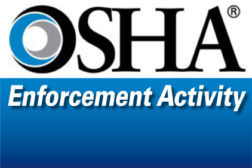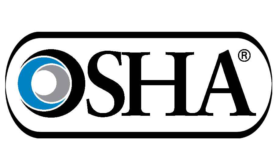Home » Keywords: » OSHA inspections
Items Tagged with 'OSHA inspections'
ARTICLES
Digital Edition Exclusive
The OSHA “willful” mysteries
Often there is no explanation for the charges
March 2, 2020
Neglect leaves OSHA short-staffed and leaderless
Desperate hours at the agency?
June 18, 2019
Never miss the latest news and trends driving the safety industry
eNewsletter | Website | eMagazine
JOIN TODAYCopyright ©2024. All Rights Reserved BNP Media.
Design, CMS, Hosting & Web Development :: ePublishing










